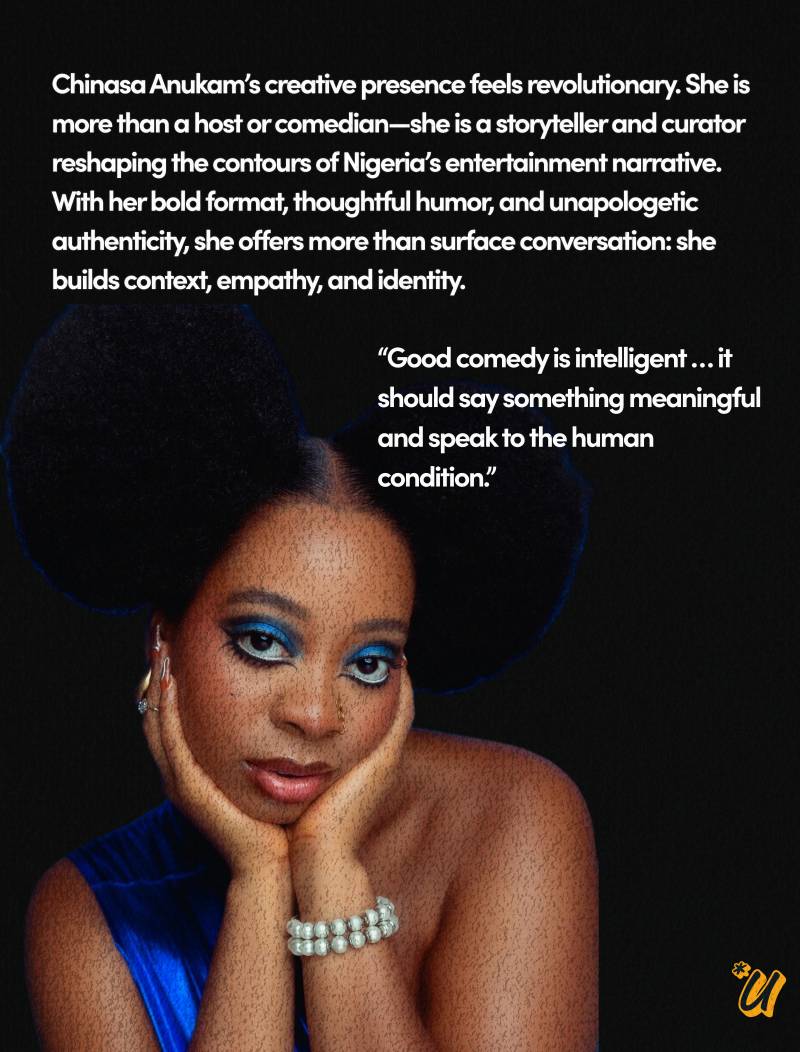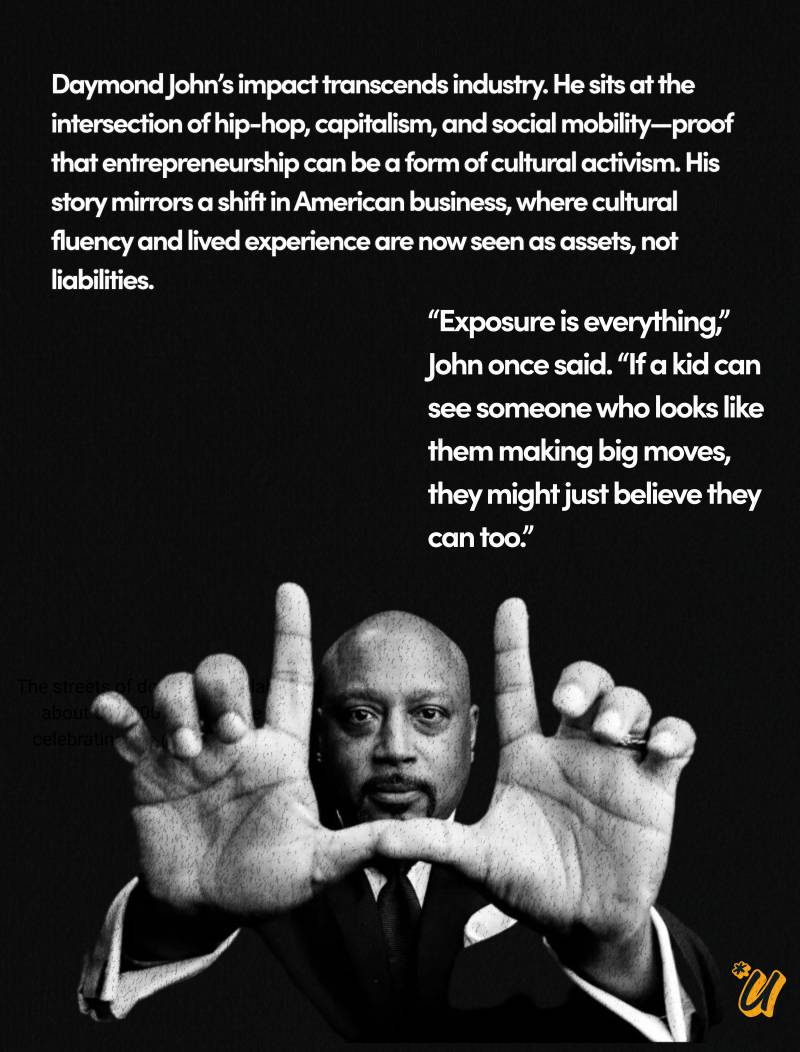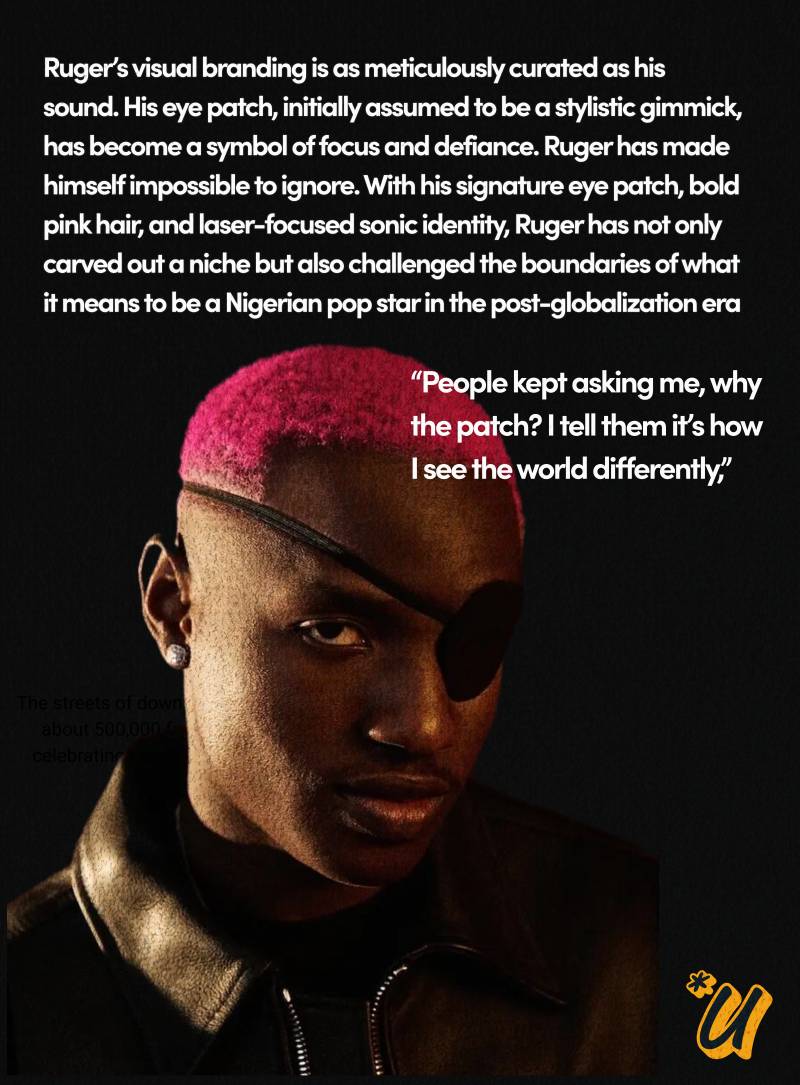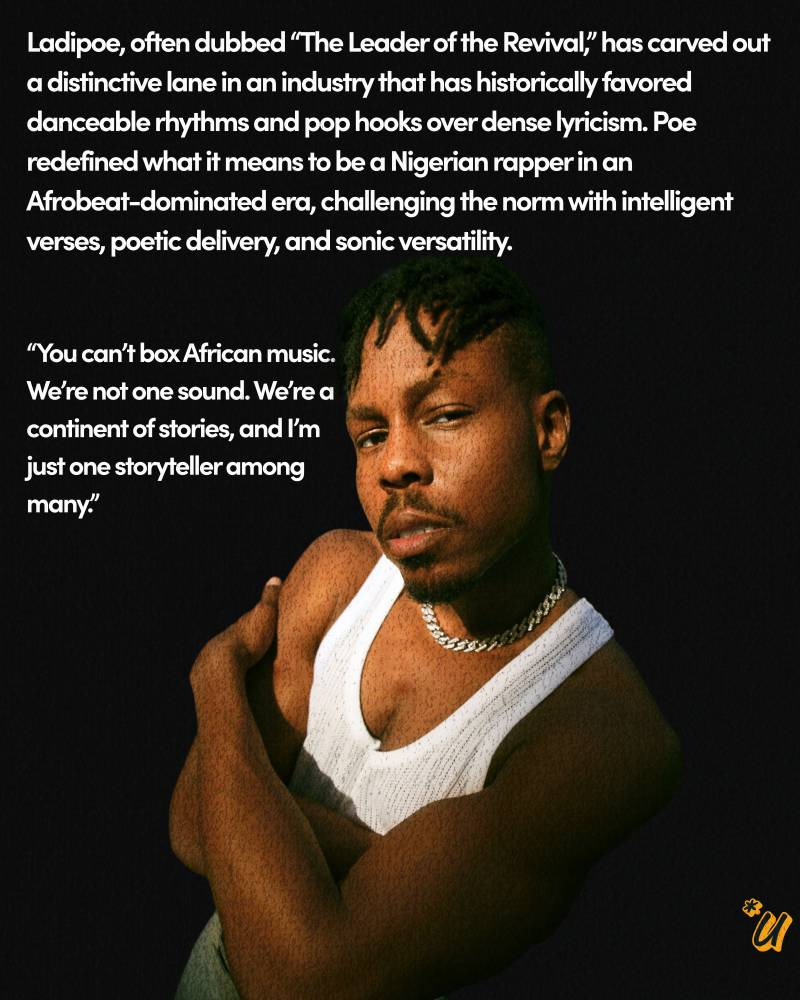In a city where power is flaunted with every Rolls-Royce, private jet, and neon skyline, Alex Spiro walks through Miami almost unnoticed. No entourage. No fuss. Just presence. That rare kind that doesn’t need a stage to be commanding. When Emily Chang meets him here—on a whirlwind that includes pickup basketball with Joakim Noah and a stop at Tom Brady’s office—it becomes instantly clear that Spiro isn’t chasing the spotlight. He’s the man the spotlight often follows reluctantly, called into the chaos when things threaten to fall apart.
To call Alex Spiro just a lawyer is like calling Picasso just a painter. Sure, the law is his craft, but what he does is shape outcomes. Quietly. Strategically. With precision. From defending Elon Musk in high-stakes courtroom battles that could rewrite how billionaires communicate with the world, to standing beside Jay-Z during pivotal legal moments that reflect larger battles for Black ownership and agency, Spiro operates in a space few truly understand. And even fewer can survive.
But to understand Spiro is not just to look at the names attached to his caseload. That would be too easy. It’s to trace a throughline in his life that connects the courtroom to something deeper — a hunger for justice wrapped in pragmatism, a belief in the complexity of humans, and a refusal to be defined by surface narratives.
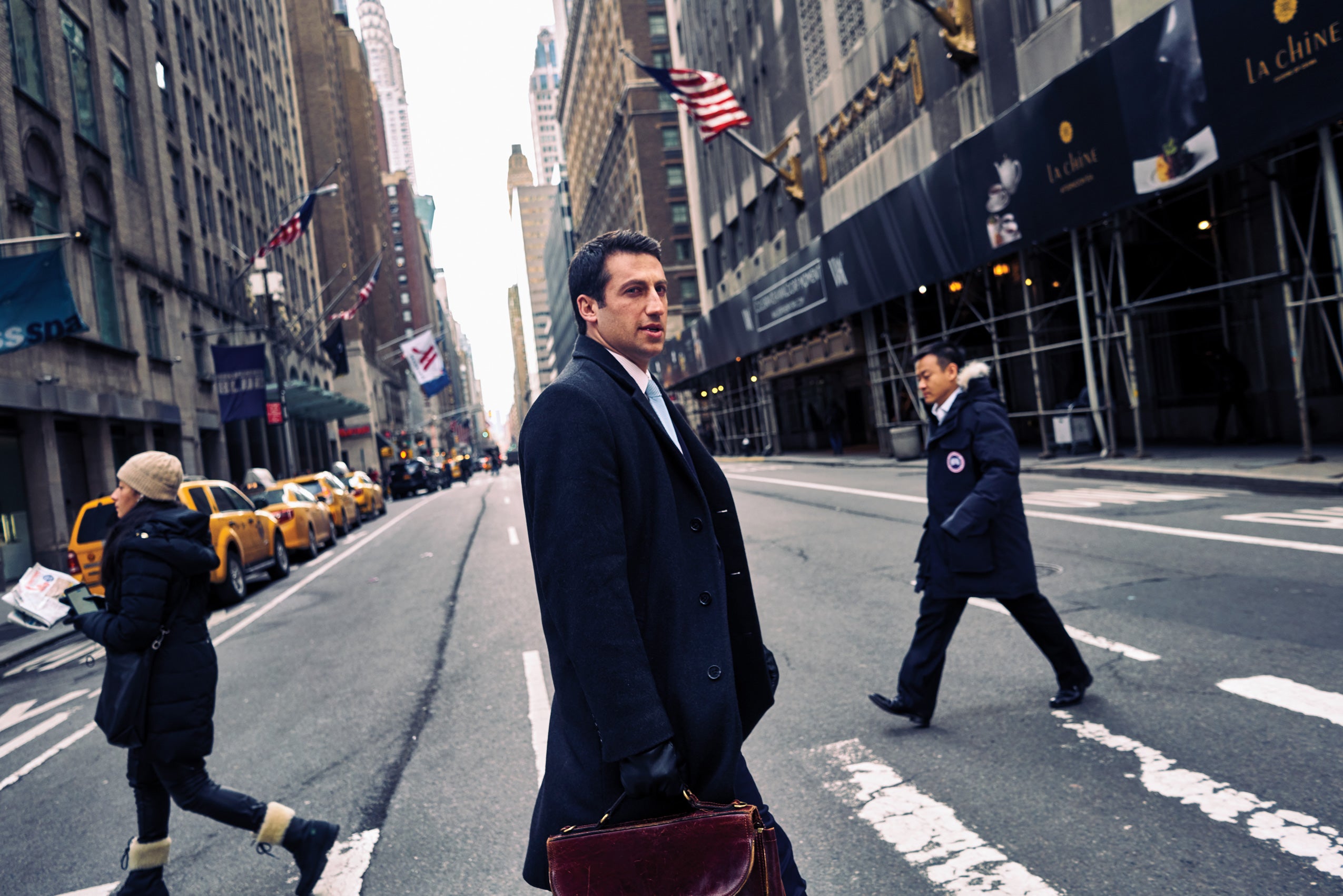
Related article - Uphorial Podcast

A former public defender who once considered psychology as a career, Spiro hasn’t just defended celebrities — he’s understood them. And that may be his sharpest edge. Law, at the level he practices, is as much about decoding human behavior as it is about statutes and clauses. It’s about pressure — immense, constant, career-breaking pressure — and how to stay human inside it. With Elon Musk, Spiro didn’t just take on the SEC and high-profile libel suits; he navigated one of the most eccentric and scrutinized minds in tech history. With Jay-Z, it was about principle, legacy, and the broader implications of artistic control and race in America. With Megan Thee Stallion, the stakes weren’t only legal—they were cultural, gendered, and wrapped in a painful public discourse about who gets to be believed.
Spiro seems to know, instinctively, that every case is a story. And the courtroom? Just another theater. But unlike others, he never performs. His style is stripped-down, conversational. No bombast. Just an uncanny ability to see around corners. There’s something else that sets Spiro apart. He isn’t afraid to be where the stakes are real, where the risk isn’t abstract. Sitting courtside with Joakim Noah or catching up with Tom Brady in Miami isn’t about celebrity networking — it’s about trust. These people don’t just hire him. They lean on him. And not only when the cameras are rolling. There’s an unspoken emotional calculus to what Spiro does. He absorbs fear, projection, and desperation, then distills it into logic and calm. He is, in many ways, the lawyer people pray is on their side when everything breaks.
But behind the cool competence is someone who seems deeply aware of what power does to people. Of how quickly stories spin out of control. And how badly the world needs someone in the room who still believes in untangling truth. In a time when legal dramas often play out on Twitter before they hit court, Alex Spiro has become a kind of 21st-century fixer — not in the shady, political sense, but as a quiet architect of survival. He steps in when reputation, freedom, or legacy are on the line. And while he may never be as famous as the clients he represents, his fingerprints are all over the moments that define them. In that way, Alex Spiro isn’t just behind the giants. He’s part of the reason they’re still standing.
